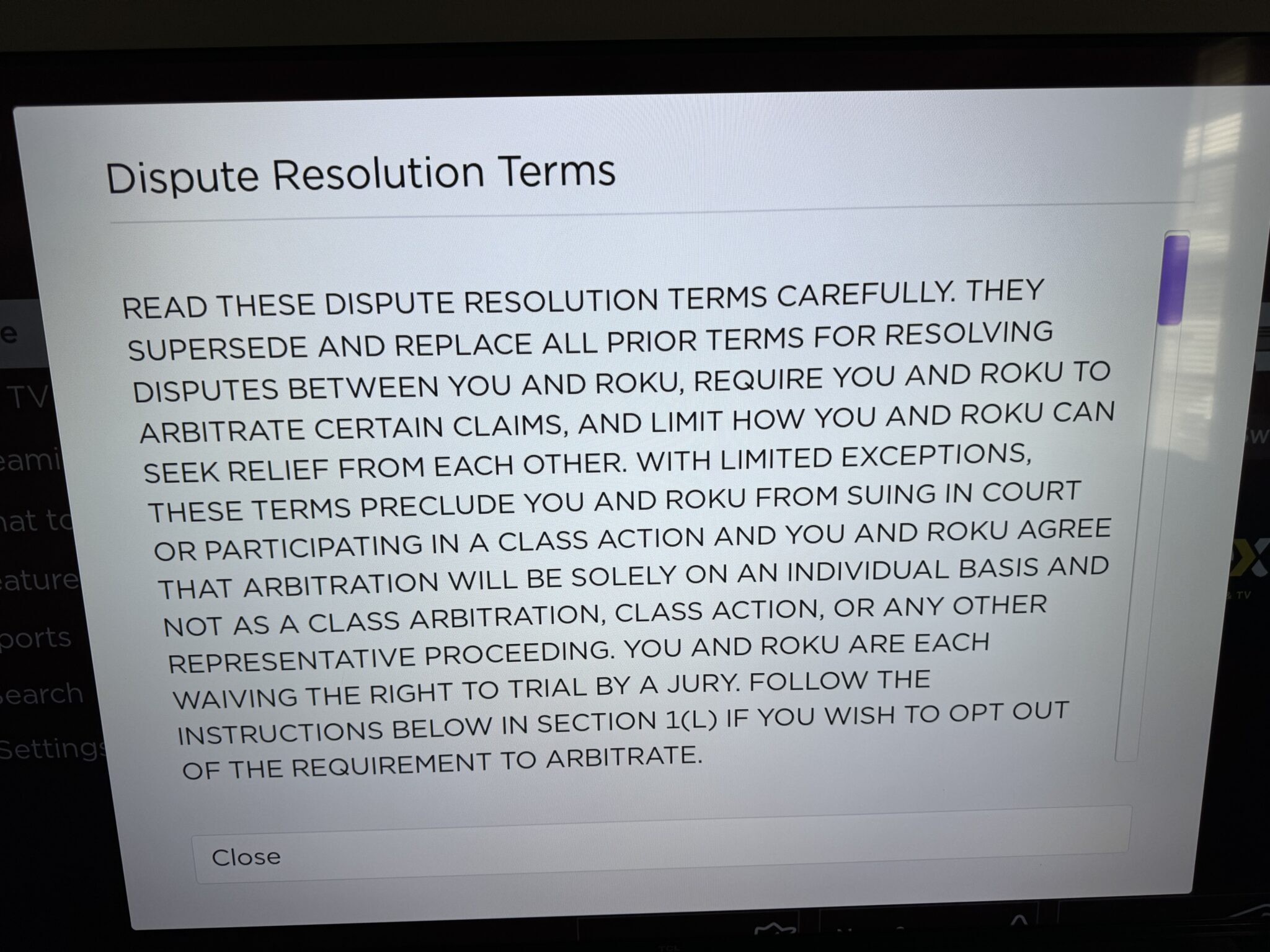this post was submitted on 03 Mar 2024
1518 points (98.7% liked)
Technology
59534 readers
3223 users here now
This is a most excellent place for technology news and articles.
Our Rules
- Follow the lemmy.world rules.
- Only tech related content.
- Be excellent to each another!
- Mod approved content bots can post up to 10 articles per day.
- Threads asking for personal tech support may be deleted.
- Politics threads may be removed.
- No memes allowed as posts, OK to post as comments.
- Only approved bots from the list below, to ask if your bot can be added please contact us.
- Check for duplicates before posting, duplicates may be removed
Approved Bots
founded 1 year ago
MODERATORS
you are viewing a single comment's thread
view the rest of the comments
view the rest of the comments

Yup.
Because here's the thing, lawyers are super expensive and these corporations have in house lawyers for handling anyone that wants to sue. They'll happily argue the validity of the EULA because they know just getting through the pretrial phase will cost you tens if not hundreds of thousands of dollars.
Corporations have weaponized this fact at every chance they get.
It's the exact same reason why companies in California and other states make employees sign noncompetes, even though they are explicitly unenforceable. It's so the company can financially punish you even if you are in the right.
This is what I like to call "bullying". I don't think anyone should be able to hire private lawyers. All lawyers, no matter how rich you are or if you're a corporation, should be public and randomly assigned dictated by a random number generator and a publicly viewable algorithm IMO.
The US has the right to a fair and speedy trial in its constitution. Current litigation is niether.
The only argument i have gotten against this is "But what if I get a shitty lawyer? I should be able to pay what I want for the quality of lawyer I desire."
It doesn't seem like a strong argument to me but to those who use it as a reply it seems rock solid?
The other route that could work is public civil defenders. It requires the government to properly fund and staff, but having a legal firm sponsored by the state willing and ready to take up cases would mean that the private entities can still get their lawyers but they can't steam roll over someone that doesn't make $500k a year.
Of course, there could be corruption issues. I wouldn't want the lawyer on my case being drinking buds with the lawyer on the opposing side.
This is a good compromise but frankly I think all lawyers should be government employees assigned by the court with 3rd party independent oversight.
Its not perfect but it is better than 'if you are rich you will likely win or just drive your opposition into poverty'.